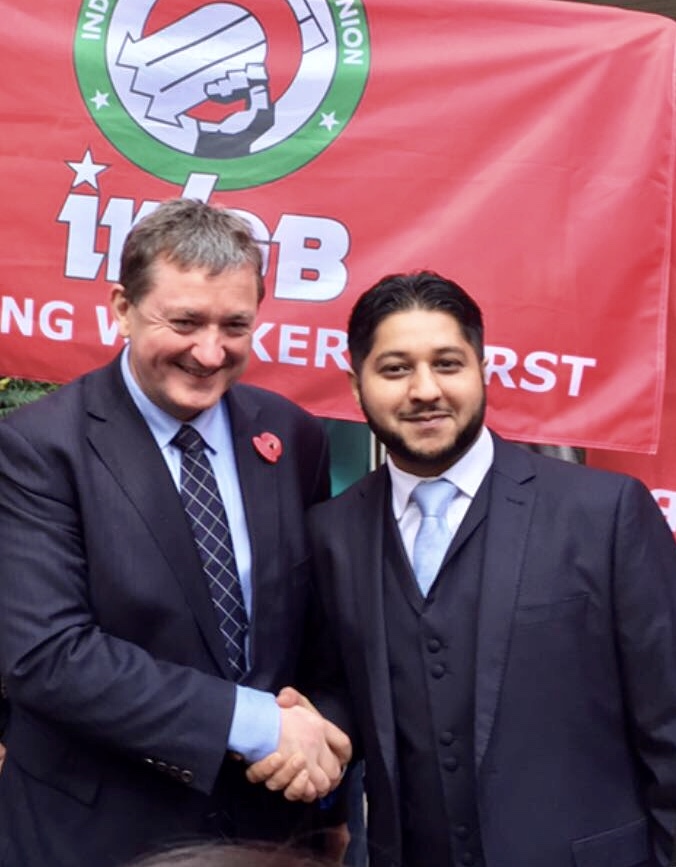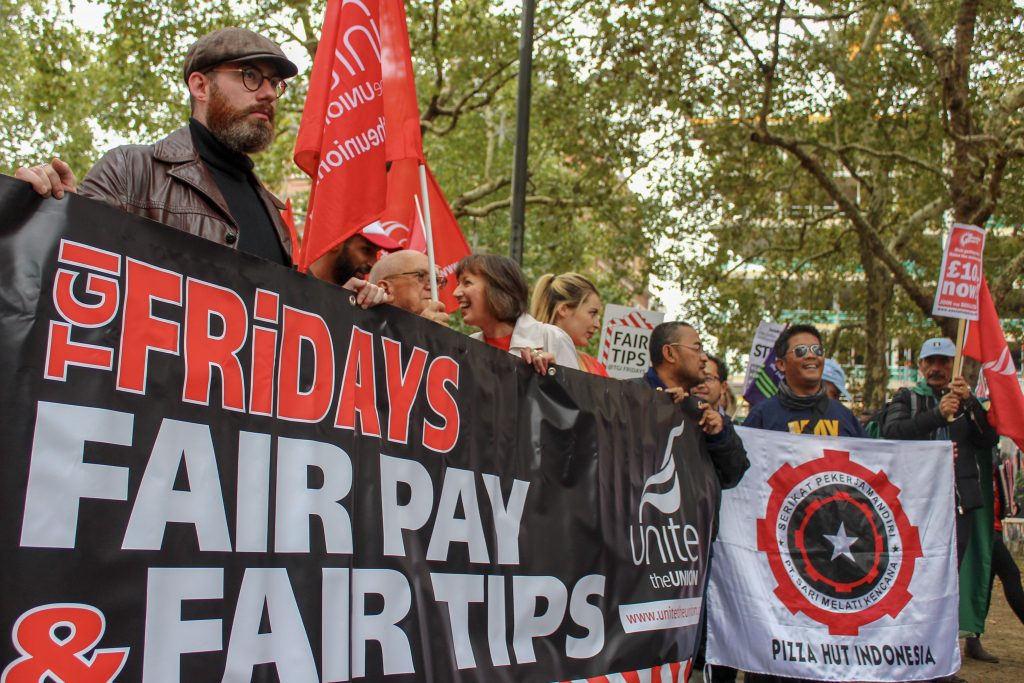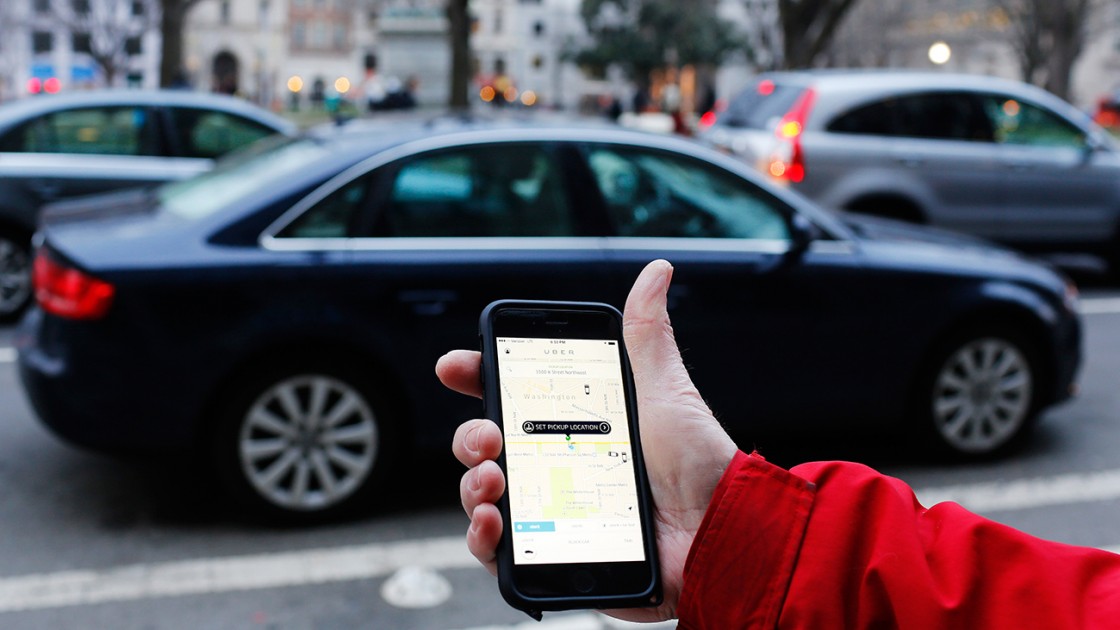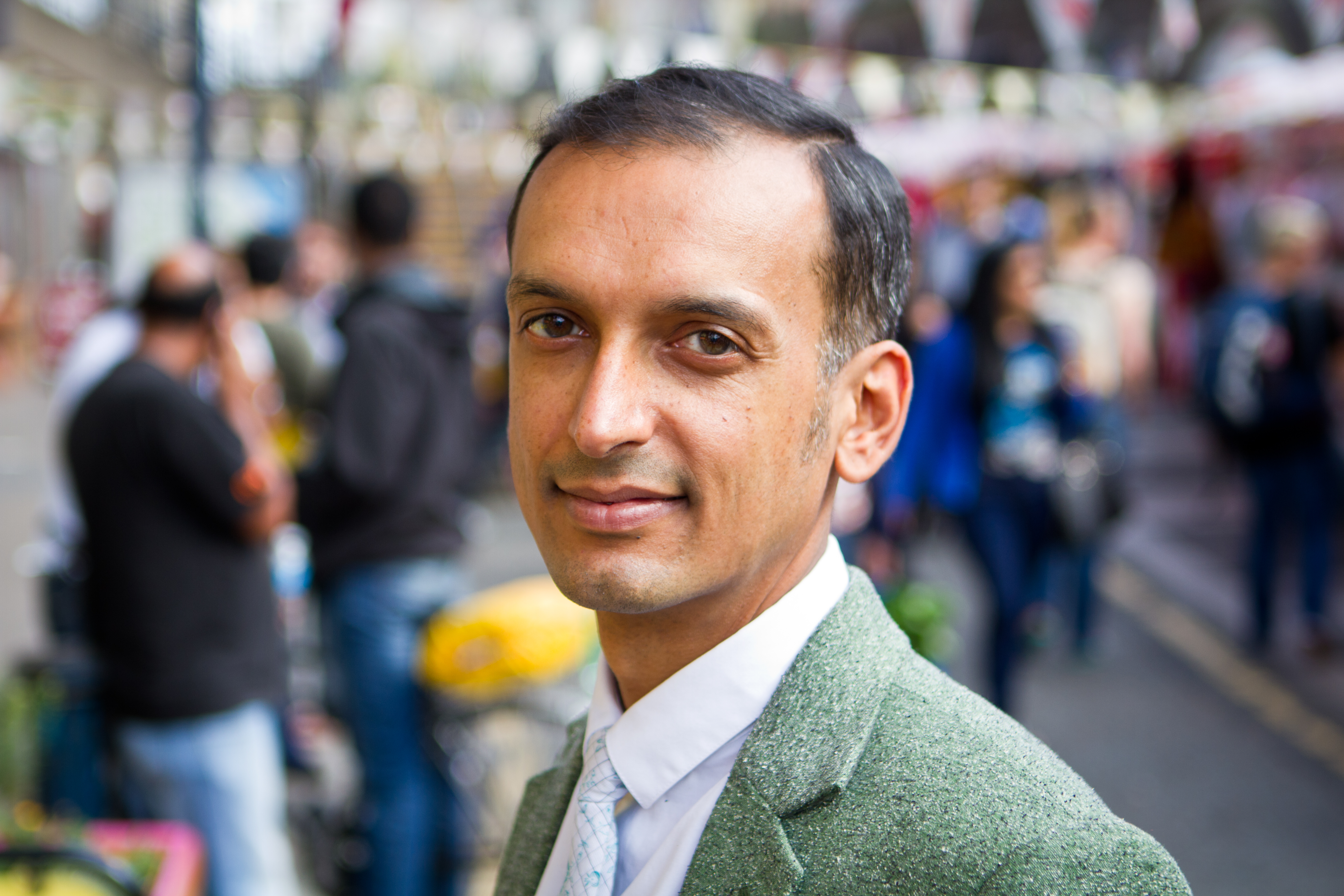Uber drivers across the UK will strike for 24 hours, starting today. They’re calling for better pay and conditions, and for the firm to recognise its UK drivers as employees.
The walkout has been organised by the Independent Workers Union of Great Britain (IWGB), and the union is asking for Uber users and customers to show support for drivers by not crossing the ‘digital picket line’ and using the service for 24 hours, from 1pm today until 1pm tomorrow.
What do Uber Drivers Want?
Today's 24-hour strike by Uber drivers is a hugely significant fight for workers' rights across the whole gig economy. I would urge Uber customers to lend their support from 1pm today by not using the digital app.https://t.co/pC6dOe7S5P
— Tom Watson (@tom_watson) October 9, 2018
Drivers for the app-based transportation network company, which was valued at around $48billion in November 2017, are making four key demands.
Firstly drivers are calling for an end to unfair ‘driver deactivations’ – drivers feel they amount to wrongful dismissals; secondly an increase in fares to £2 per mile (London Uber drivers receive £1.25 per mile); thirdly a 10% reduction in commissions paid to Uber (commission for UberX is 25% – Uber describes UberX as ‘the most popular way to travel with Uber’); and finally, drivers are calling for Uber to apply the judgements of the Employment Appeal Tribunals made in November 2017.
We ask the public to please support drivers by not crossing the digital picket line (and) by not using the app during strike time.
James Farrar, Chair of the United Private Hire Drivers
James Farrar, Chair of the United Private Hire Drivers (UPHD) branch of IWGB branch, said: “After years of watching take home pay plummet, and with management bullying of workers on the rise, workers have been left with no choice but to take strike action. We ask the public to please support drivers by not crossing the digital picket line (and) by not using the app during strike time.”
Uber responded to the strike with a statement to TechCrunch: “We are always looking to make improvements to ensure drivers have the best possible experience and can make the most of their time driving on the app.
That’s why over the last few months we’ve introduced dozens of new features, including sickness, injury, maternity and paternity protections. An academic study last month found that drivers in London make an average of £11 an hour, after accounting for all of their costs and Uber’s service fee.
We continue to look at ways to help drivers increase their earnings and our door is always open if anyone wants to speak to us about any issues they’re having.”
How Did This Case Get to the Supreme Court?
 Uber drivers James Farrar and Yaseen Aslam. Credit: IWGB
Uber drivers James Farrar and Yaseen Aslam. Credit: IWGB
In October 2016, Uber drivers Yaseen Aslam and James Farrar won a landmark case for the rights of gig economy workers when an employment tribunal ruled that Uber drivers are not self-employed and should be paid national living wage.
It also opened up the possibility that Uber drivers in the UK would be entitled to sick pay and a pension, and the tribunal’s decision was seen as potentially impacting tens of thousands of people, wrongly classified as self-employed in the gig economy.
Uber appealed the decision, but the Employment Appeals Tribunal rejected the appeal in November 2017.
Uber has now launched a further appeal to the Employment Appeals Tribunal ruling, which is due to be heard at the Supreme Court on October 30 and October 31.
A Decisive Shift for Workers’ Rights
 Fast food workers demonstrating in Leicester Square following a walkout on October 4th, 2018 Credit: Ollie Cole
Fast food workers demonstrating in Leicester Square following a walkout on October 4th, 2018 Credit: Ollie Cole
Today’s strike follows a walkout last week by fast food workers, organised by the Bakers, Food and Allied Workers Union (BFAWU), War on Want and Unite, in eight towns and cities across the UK, calling for an end to ‘poverty wages.’
Campaigners feel there is a growing momentum behind workers rights, particularly the rights of individuals who are precariously employed in the gig economy, with a national demonstration for precarious workers rights organised for October 30 to coincide with Uber’s appeal to the Supreme Court.
The IWGB, organisers of the demonstration, believe it’s a decisive moment to secure basic employment rights workers in the gig economy: “all precarious workers, from Deliveroo couriers to outsourced workers, will be marching together demanding an end to precarious work and a revival of the basic employment rights that we are being denied.”







